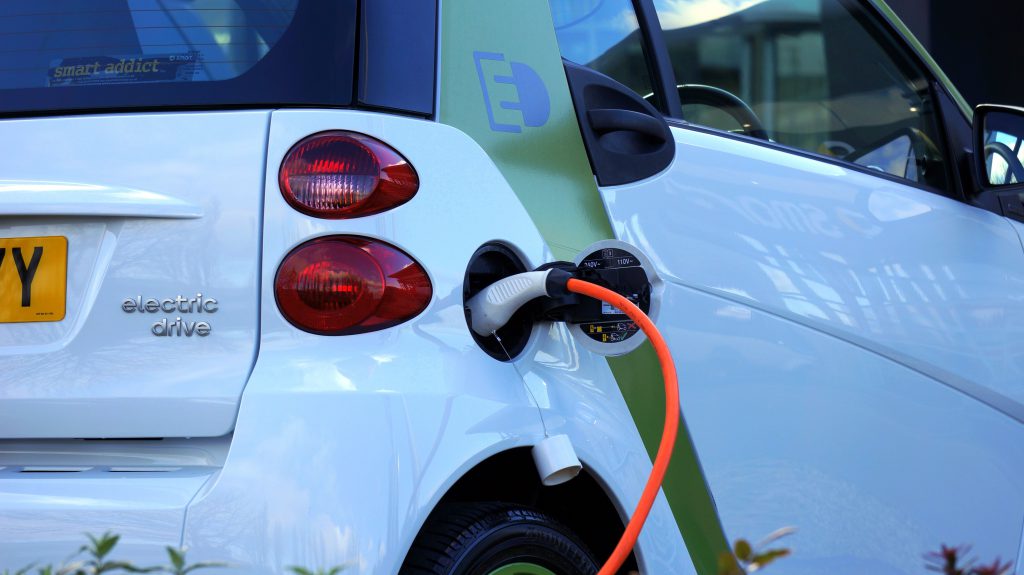Start saving money on gas today with the Clean Vehicle Credit offered through the Inflation Reduction Act. This EV tax credit provides a dollar-for-dollar reduction of the taxes you owe, giving you the opportunity to save up to $7,500 as tax credit when buying a new electric vehicle or up to the lesser of $4,000 or 30% of the purchase price for a used electric vehicle.
Exploring eco-friendly transportation goes beyond mere savings; it signifies a commitment to cleaner journeys and a step forward towards a more sustainable driving experience. To assess your eligibility for this credit, we have compiled essential information such as its definition, functioning, and existing criteria.
What is the Clean Vehicle EV Tax Credit?
The Electric Vehicle EV Tax Credit, designed to reduce taxes for individuals buying electric vehicles, initially provided up to $7,500 for new EV purchases as outlined in Section 30D of the Internal Revenue Code. With the passing of the Inflation Reduction Act in 2022, significant modifications were made to the regulations governing electric vehicles bought between 2023 and 2032, establishing the new Clean Vehicle Credit program.
In accordance with the Inflation Reduction Act, similar to past regulations, individuals who acquire a brand-new plug-in electric vehicle or a fuel cell car starting from 2023 can potentially be eligible for a tax credit aimed at promoting clean transportation, which could amount to a maximum of $7,500. Noteworthy changes include the introduction of income thresholds, manufacturer sales price conditions, and final assembly prerequisites, which needed to be included in earlier guidelines.
Commencing from the upcoming year of 2023, there is an opportunity to avail of an EV tax credit when acquiring a second hand electric vehicle. This credit is calculated as less than $4,000 or 30% of the vehicle’s purchase price. Additionally, specific criteria such as income, manufacturer sales price, and final assembly apply to used electric vehicles.
Is There a Difference Between State Electric Benefits and Federal EV Tax Credits?
Indeed, the Federal EV Tax Credit, overseen by the IRS, serves as a pivotal component in diminishing the expenses for taxpayers investing in electric vehicles. Enacted through the Inflation Reduction Act, this credit is designed to alleviate your tax burden by decreasing the amount owed in taxes.
It is important to note that in addition to the widely recognized federal tax credit for electric vehicles, there are also state-specific incentives available for buyers. One such example is the Clean Vehicle Rebate Project (CVRP) in California, which offers rebates to encourage the purchase of electric vehicles.
You will receive state rebates by mail when you buy an electric vehicle and fulfill certain state-specific criteria. These rebates are separate from any tax returns you may file.
How Does the Clean Vehicle EV Tax Credit Operate?
The Inflation Reduction Act of 2022 marked a notable change in approach, particularly regarding vehicle acquisition, from 2023 to 2032. As stipulated by the IRS, individuals and businesses alike can benefit from the federal EV tax credit.
Within the system are specific income limits that must be adhered to, ensuring that there is a structured approach rather than a chaotic free-for-all.
It is crucial to emphasize that this credit cannot be refunded, thus preventing individuals from receiving more money than their tax liabilities. Nonetheless, it does provide the benefit of a one-to-one reduction in tax obligations.
EV eligible for the Clean Vehicle Tax Credit?
Are you curious about whether your car is eligible for the EV tax credit? Determining eligibility is a challenging process, but fear not – let’s dive into the details for you.
Meeting certain criteria is necessary for a vehicle to qualify for the EV tax credit, including having a battery capacity of seven kilowatt-hours or more and satisfying specific mineral and battery component standards, among other considerations.
Criteria for qualification will now vary based on your financial standing, the retail price set by the manufacturer, and the location of the electric vehicle’s final assembly within the United States. Additionally, eligibility encompasses pre-owned electric vehicles, enabling you to receive credit for them as well.
Getting the Clean Vehicle EV Tax Credit in 2024?
Taking advantage of the federal EV tax credit is essential to maximizing the benefits available to you. Many people tend to miss out on potential tax credits, making claiming them an important step in optimizing your benefits. Ensure you are well-prepared when filing your taxes by having all the necessary information and forms ready. This includes specifics regarding your vehicle’s battery capacity, weight, where it was finally assembled, and the VIN.
Make sure to have those details handy when you decide to apply for the credit and submit Form 8936, the Qualified Plug-in Electric Drive Motor Vehicle Credit (Including Qualified Two-Wheeled Plug-in Electric Vehicles), along with your tax return.
Rest assured that you won’t need to stress about determining which forms to submit for the Clean Vehicle Tax Credit. The tax professional, a dedicated team member at PriorTax will guide you through a series of straightforward questions regarding your EV acquisition. By cross-referencing your income details from documents such as W-2s and 1099s, they will accurately calculate the electric vehicle credit applicable to you.
Explore the option of seeking guidance at PriorTax while having your tax return examined by a PriorTax Tax Professional before submission. Alternatively, entrust your taxes to a PriorTax dedicated tax professional for seamless preparation. A fresh addition this season allows for face-to-face consultations with a nearby professional for efficient tax filing.





